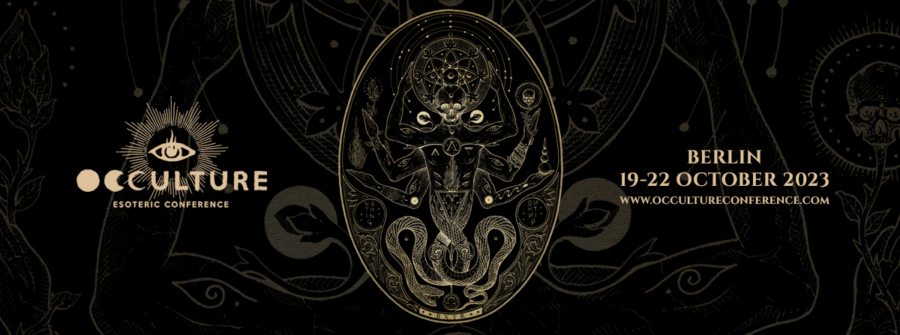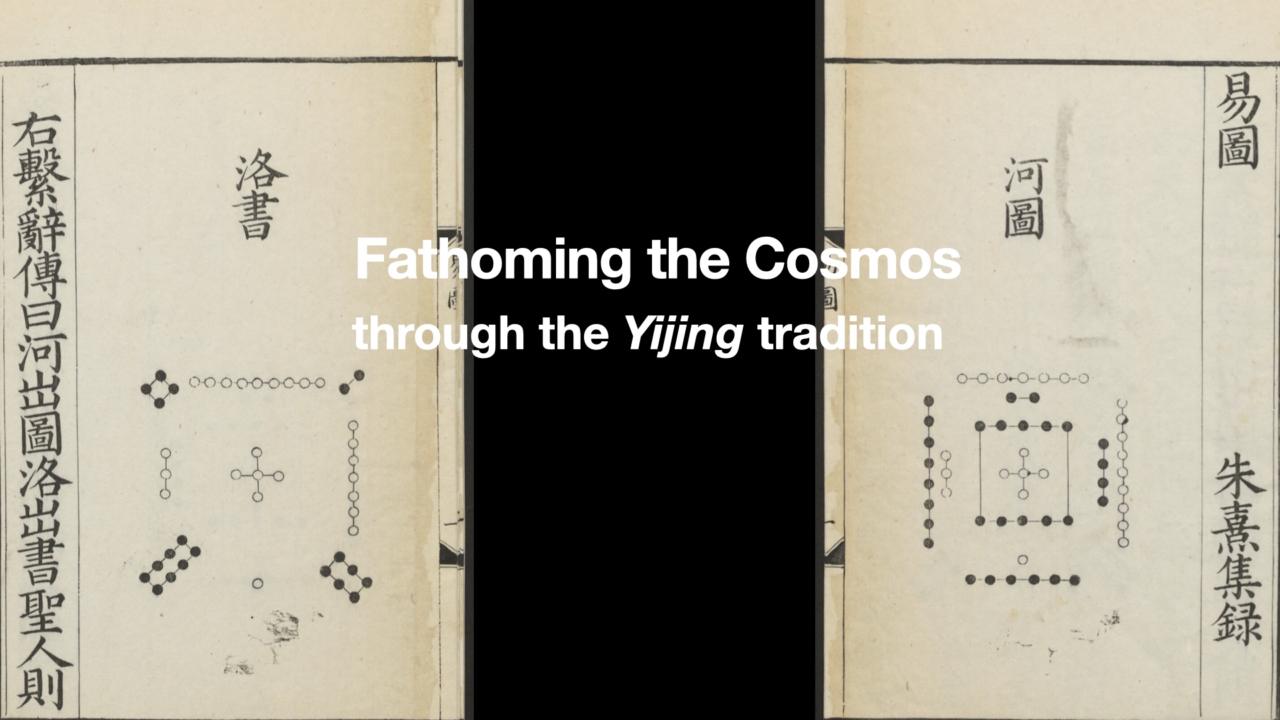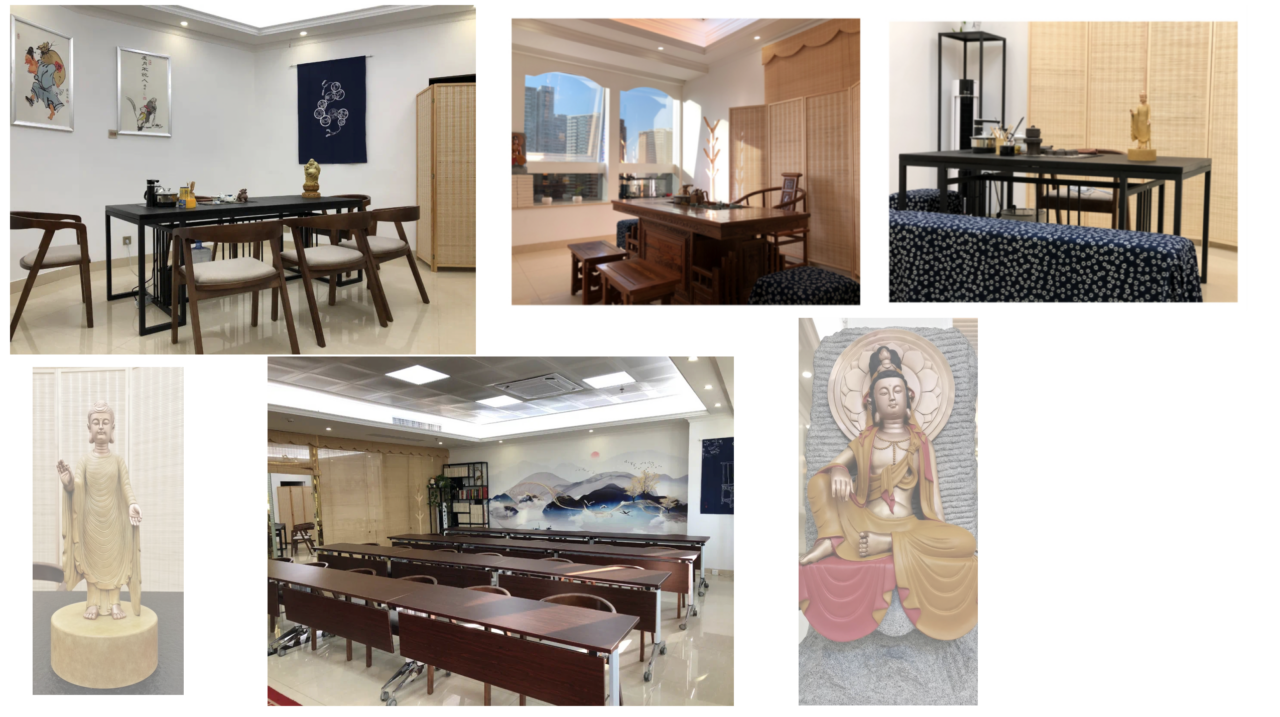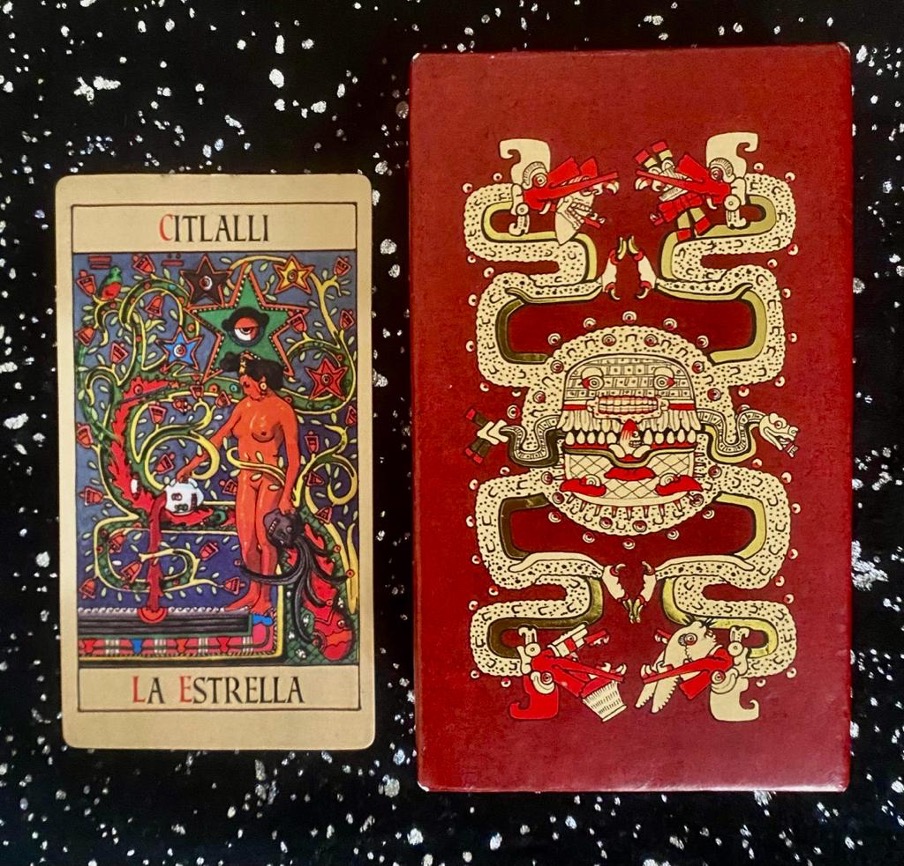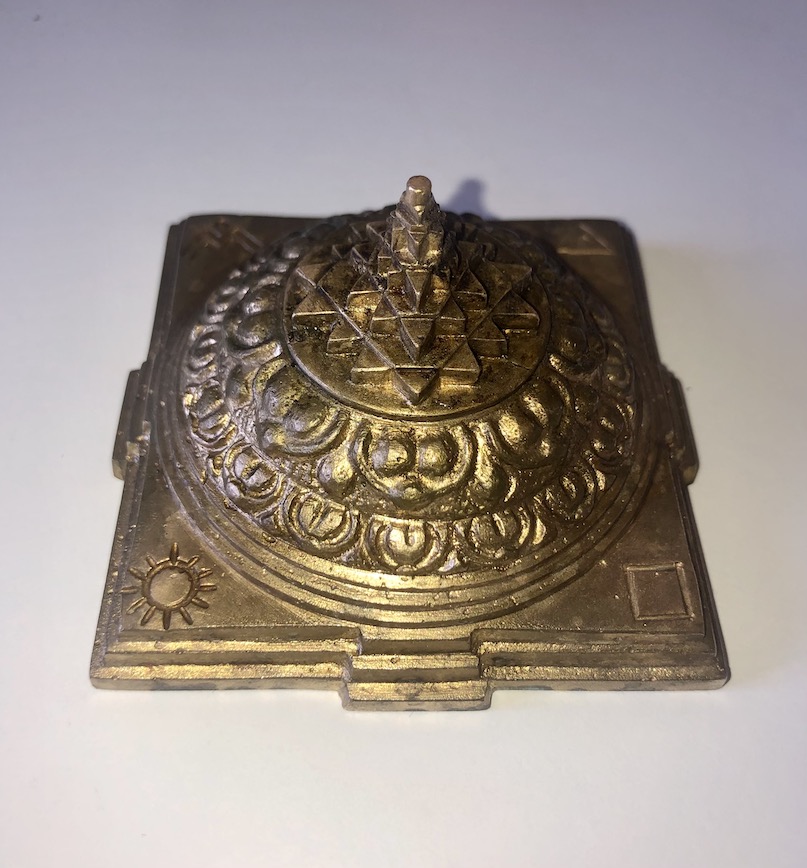RENSEP NEWS – RENSEP Trustee Will Speak at Upcoming OCCULTURE Conference
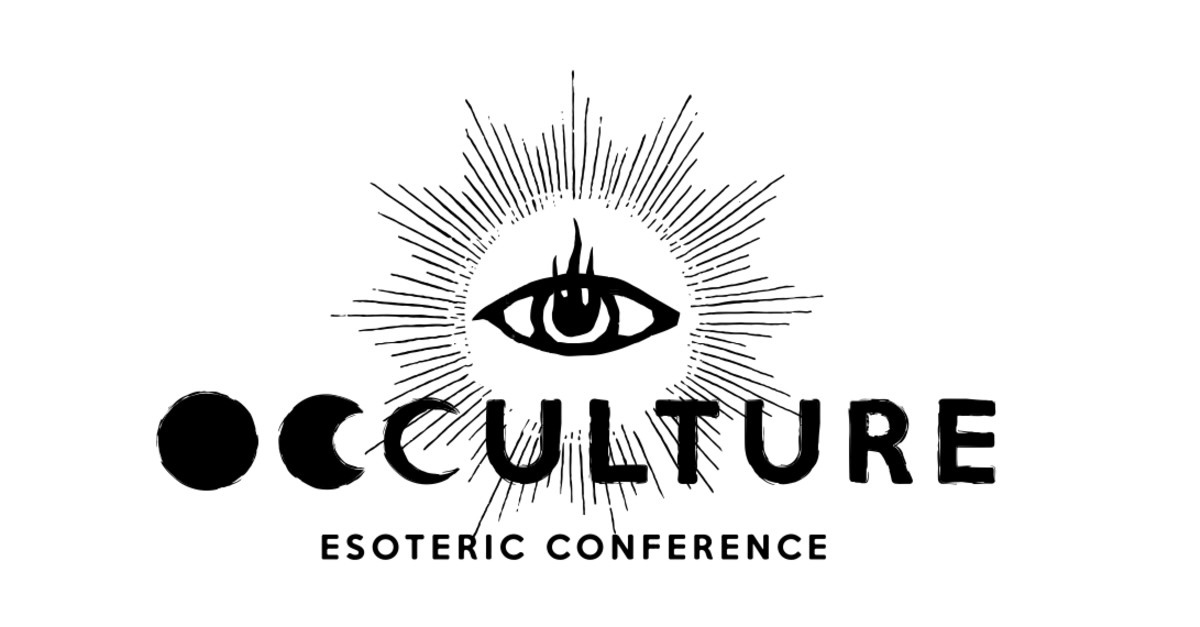
It is time again for another edition of the Occulture Conference this October, and RENSEP trustee Dr Bernd-Christian Otto has been granted the privilege to speak at this extravagant event. Hosted in Berlin, Occulture Conference 2023 will take place from the 19th until the 22 of October at the Anomalie Art Club.
The Occulture Conference website describes the experience of entering this year’s venue as “crossing a threshold to another dimension, with sinuous shapes and passages from light to darkness, in an exciting loop of art and installations melting with Occulture’s vibe and creative contribution.” This conference is generally recognized as a great event to experience, learn, and connect with other international scholars and practitioners in the field of esotericism – an objective very fitting to RENSEP’s mission given its focus on both scholars and practitioners of esotericism.
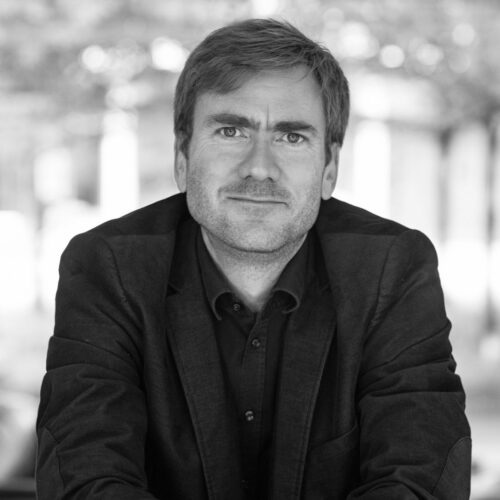 Therefore, we are pleased that Bernd will present a talk at this event titled Practitioner-Scholarship and the Co-Production of Knowledge in the Study of Esotericism. Bernd, who is one of RENSEP’s founders, is a scholar of religion at the Friedrich-Alexander-Universität Erlangen-Nürnberg (FAU) in Germany. His research focuses on magic and esotericism, combining different methodologies such as conceptual history, discourse analysis, social theory, and ritual studies. While possessing broad expertise in the history of Western learned magic, Bernd has been particularly interested in magick’s modern and contemporary manifestations for a few years now.
Therefore, we are pleased that Bernd will present a talk at this event titled Practitioner-Scholarship and the Co-Production of Knowledge in the Study of Esotericism. Bernd, who is one of RENSEP’s founders, is a scholar of religion at the Friedrich-Alexander-Universität Erlangen-Nürnberg (FAU) in Germany. His research focuses on magic and esotericism, combining different methodologies such as conceptual history, discourse analysis, social theory, and ritual studies. While possessing broad expertise in the history of Western learned magic, Bernd has been particularly interested in magick’s modern and contemporary manifestations for a few years now.
You can read the abstract of Bernd’s talk here:
“The tides are turning. Over the past two and a half decades, scholarly research into esoteric traditions and practices thrived and became more and more established in modern academia. Milestones in this process have been the foundation of the HHP in Amsterdam in 1998, the establishment of the ESSWE in 2005, as well as the launch of peer-reviewed journals (e.g., Aries, correspondences) and book series (e.g., Brill, Oxford University Press, Palgrave) dedicated to the study of esotericism. Until very recently, this scholarship tended to distance itself from practitioner positions which were often deemed to be grounded in religionist agendas and thus considered methodologically uncritical or historically biased when perceived through the scholarly lens. Whether or not these stereotypes are justified, in recent years we have seen a shift in this unfortunate trajectory, a shift that has largely been inspired by the emerging debate about practitioner-scholarship in the study of esotericism (the elephant in the room). No conceptual groundwork has yet been laid out for how to do practitioner-scholarship in a methodologically sound manner, hence the prospects of enhanced and potentially more fruitful cooperations between scholars and practitioners remain unclear. As a consequence, the bridge between scholars and practitioners is still a fragile one, and it may be blocked by unjustified apprehensions and stereotypes on both sides. The paper discusses these matters by presenting two recent scholarly initiatives – CAS-E (www.cas-e.de) and RENSEP (www.rensep.org) – that strive for bridging the gap between scholars and practitioners, thus building new grounds for a proper co-production of knowledge in the study of esotericism.
